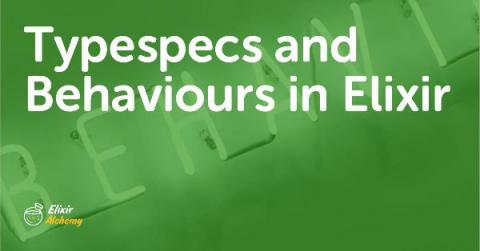Configuring your Elixir Application at Runtime with Vapor
Configuration has long been a hot topic in the Elixir community, and luckily, in the recent months, there has been a great deal of thoughtful work put into making this problem an easier one to solve. Today, we’re going to show you how to migrate from an Elixir application that has been configured with the widely used config/*.exs files at compile-time, to an application that instead uses environment variables for configuration and is configured at runtime.











